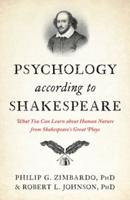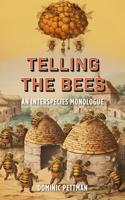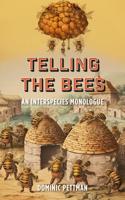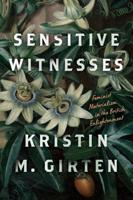Publisher's Synopsis
The Routledge Companion to Literature and Emotion shows how the "affective turn" in the humanities applies to literary studies. Deftly combining the scientific elements with the literary, the book provides a theoretical and topical introduction to reading literature and emotion.
Looking at a variety of formats, including novels, drama, film, graphic fiction, and lyric poetry, the book also includes focus on specific authors such as Shakespeare, Chaucer, Jane Austen, Virginia Woolf, and Viet Thanh Nguyen. The volume introduces the theoretical groundwork, covering such categories as affect theory, affective neuroscience, cognitive science, evolution, and history of emotions. It examines the range of emotions that play a special role in literature, including happiness, fear, aesthetic delight, empathy, and sympathy, as well as aspects of literature (style, narrative voice, and others) that bear on emotional response. Finally, it explores ethical and political concerns that are often intertwined with emotional response, including racism, colonialism, disability, ecology, gender, sexuality, and trauma.
This is a crucial guide to the ways in which new, interdisciplinary understandings of emotion and affect-in fields from neuroscience to social theory-are changing the study of literature and of the ways those new understandings are impacted by work on literature also.










